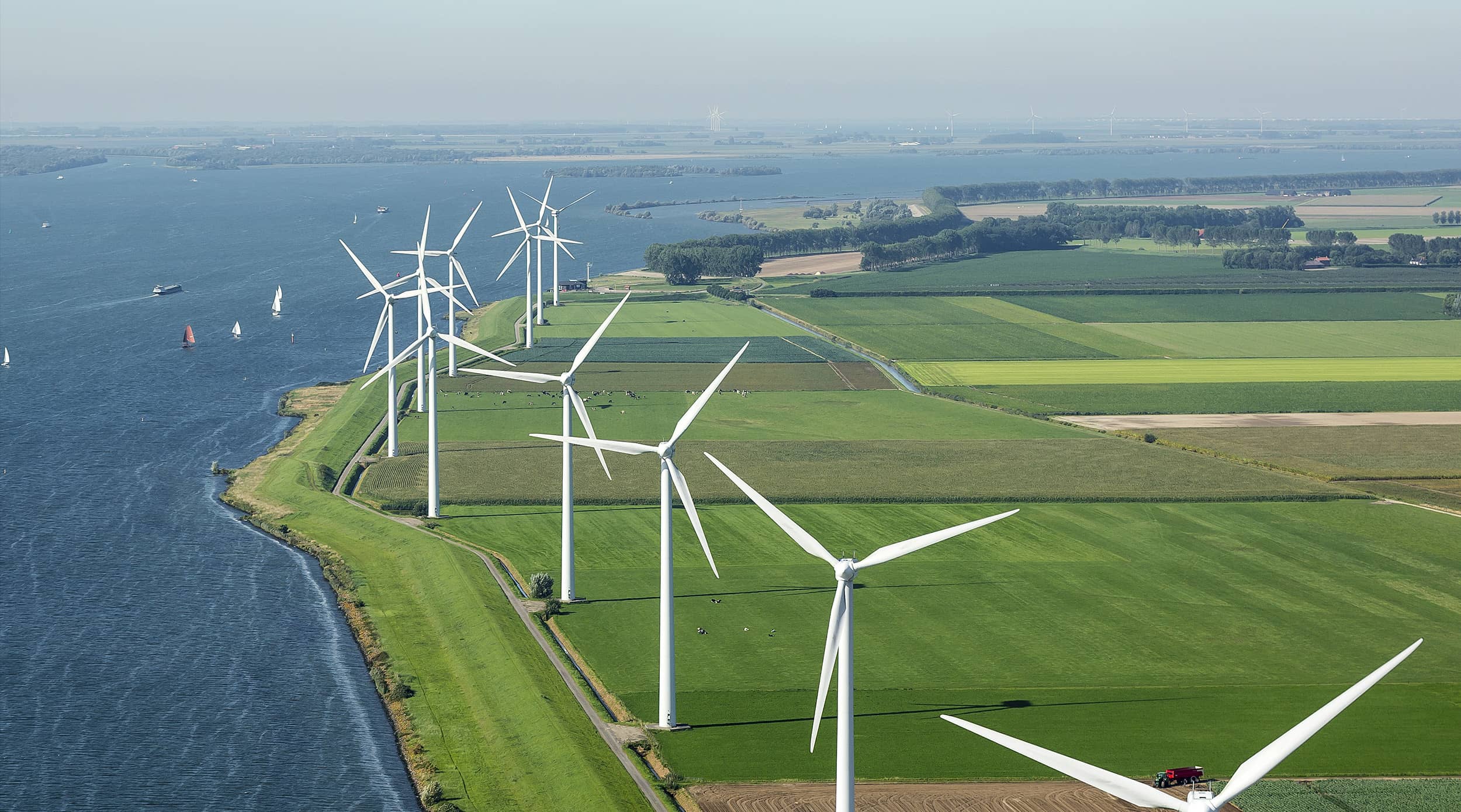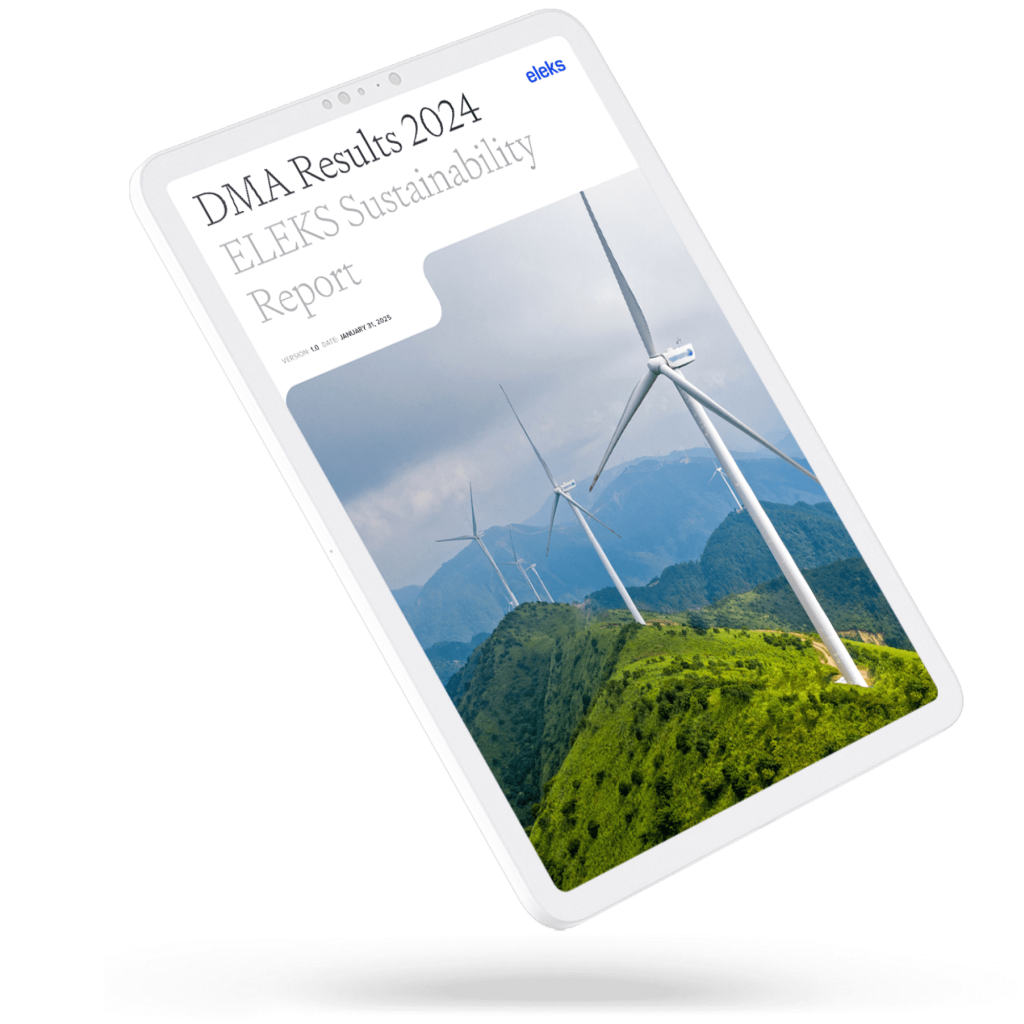
What is Deep Tech?
The term “deep tech” is described by TechWorks as “technology that is based on tangible engineering innovation or scientific advances and discoveries”. Its fundamental focus is to pioneer new solutions that solve society’s biggest issues; including chronic disease, climate change, clean energy and food production. Deep tech firms differ from traditional tech companies since technologists and scientists typically collaborate toward a common goal.
Deep tech’s “profound enabling power” has the potential to bring about real change. It harnesses cutting-edge technologies to create tangible societal shifts, and never has it been more relevant. The global pandemic, the urgency of the climate crisis and the rapid expansion of global populations have placed added strain on already fragile systems, and it’s these fundamental issues that deep tech is designed to address.
The key deep technologies
Deep tech covers a vast swathe of technological areas, which aren’t focussed on end-user services. These include:
- Artificial intelligence and machine learning
- Big data
- Language processing
- Vision and speech algorithms
- Robotics
- Blockchain
- Advanced material science
- Photonics and electronics
- Biotech
- Quantum computing

Top five use cases for deep tech
There are a plethora of sectors that could benefit from deep tech’s enabling capabilities. We’ve chosen to focus on some of the most crucial areas here.
1. Life sciences
According to the Boston Consulting Group, the health market accounted for the biggest proportion of deep tech startups (51%) in 2020. Thanks to rapid advancements in healthcare software development services, we’ve already seen significant progress in precision medicine, which is enabling technologists and scientists to gather accurate health-based data and develop new tailor-made treatments. Applications for deep tech within this field include AI diagnosis, wearables for health tracking and diagnostics, electronic health records that allow healthcare givers to personalise treatments, and virtual appointments.
2. Processing and computing
The computer has changed little in its essential design since it was first invented. The same type of computer handles all of the world’s current computing needs; be they placing an online grocery order that is processed in retail software or making sense of complex datasets. With deep tech, computers can be custom-built to tackle specific areas or problems.
Quantum computing is one such example of how deep tech could advance computing and processing capabilities—the necessity of which is driven by the adoption of other cutting-edge technologies, like machine learning solutions, which have their own computing and processing requirements. What’s more, the energy demands of existing computer infrastructure make it unsustainable in the long term.
3. Food and AgriTech
Food insecurity is one of the single biggest issues facing humanity today. Thus, deep tech solutions that can move us away from the traditional farming practices of the industrial era toward more sustainable methods of production are urgently needed. Innovative startups in the field of food and agriculture are exploiting technologies like big data, blockchain and biotech to develop interconnected farming systems with highly accurate predictive capabilities, which allow farmers to grow and harvest their crops for optimal efficiency, resilience and yield.
Synthetic biology is another frontier being explored and is, according to The Business Research Company, predicted to reach $27 billion by 2023. It’s hoped that, with it, we’ll be able to bring about the rapid evolution of natural systems and the creation of new, more sustainable ones.

4. Energy and clean-tech
The energy market needs a radical transformation to meet and deep tech companies are using energy software development and applying avant-garde technologies to find the best sustainability solutions like investigating hydropower generation and other or to boost the efficiency of wind and solar energy with the Internet of Things, for instance. Currently, one of the biggest obstacles to renewables is storage and a host of innovative startups are trying to solve the problem by improving batteries and optimising their use with Cloud-based technology.
5. Infrastructure
As the population expands, governments must develop the infrastructure to support it. This includes transport networks, housing, sewers, power plants and supplies, and more besides. Effective government software can aid in the planning and management of these projects. But those same governments face increasing scrutiny to reduce carbon emissions and foster sustainable solutions to population growth.
Furthermore, according to the latest G20 insights, global pandemics like COVID-19 will become more frequent as we encroach further into natural habitats. This means that whatever we choose to build next must be developed with environmental sensitivity, using sustainable production practices, while supporting a better quality of human life. This will require a massive collaborative effort from urban planners and pioneering technologists, as well as substantial investment.
G20 recommends that nations employ public-private partnerships (PPP) alongside deep technologies and green finance, to meet the challenge.
What are the challenges for deep tech?
The R&D cycle for deep tech firms is longer than regular startups, which means they’re more time and resource-consuming to set up.
Also, because of the complexity of the challenges they’re trying to address, deep tech startups may find it challenging to secure investments—even from forward-thinking angel investors—because they find it hard to understand the potential of an idea which may not have been explored. And, often, deep tech’s theoretical nature means that, without a proper technical feasibility study, development trials may end in failure. It is, by design, trying to prove the previously unprovable.
That said, investments have steadily risen over the years and traditional tech is nearing the end of its usefulness, as digital evolution gains pace. A new report published as part of the European Startups Project shows that a quarter of all European venture capital investment is being channelled into deep technologies including implementation of innovative blockchain business ideas, AI, robotics and quantum tech.

Related Insights








The breadth of knowledge and understanding that ELEKS has within its walls allows us to leverage that expertise to make superior deliverables for our customers. When you work with ELEKS, you are working with the top 1% of the aptitude and engineering excellence of the whole country.

Right from the start, we really liked ELEKS’ commitment and engagement. They came to us with their best people to try to understand our context, our business idea, and developed the first prototype with us. They were very professional and very customer oriented. I think, without ELEKS it probably would not have been possible to have such a successful product in such a short period of time.

ELEKS has been involved in the development of a number of our consumer-facing websites and mobile applications that allow our customers to easily track their shipments, get the information they need as well as stay in touch with us. We’ve appreciated the level of ELEKS’ expertise, responsiveness and attention to details.

